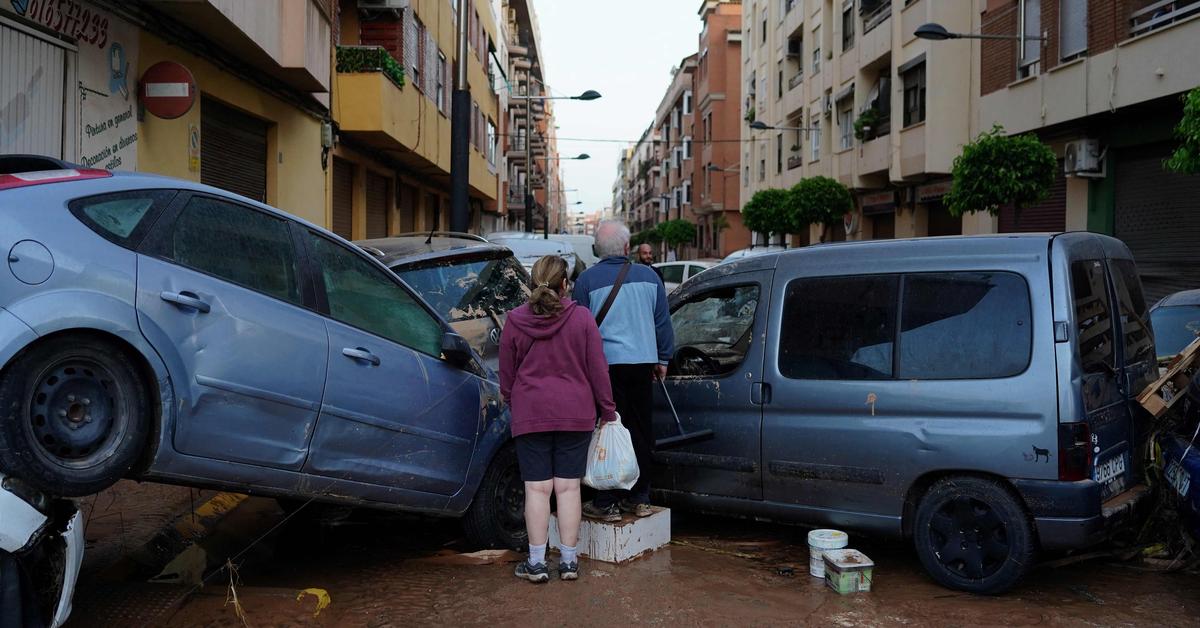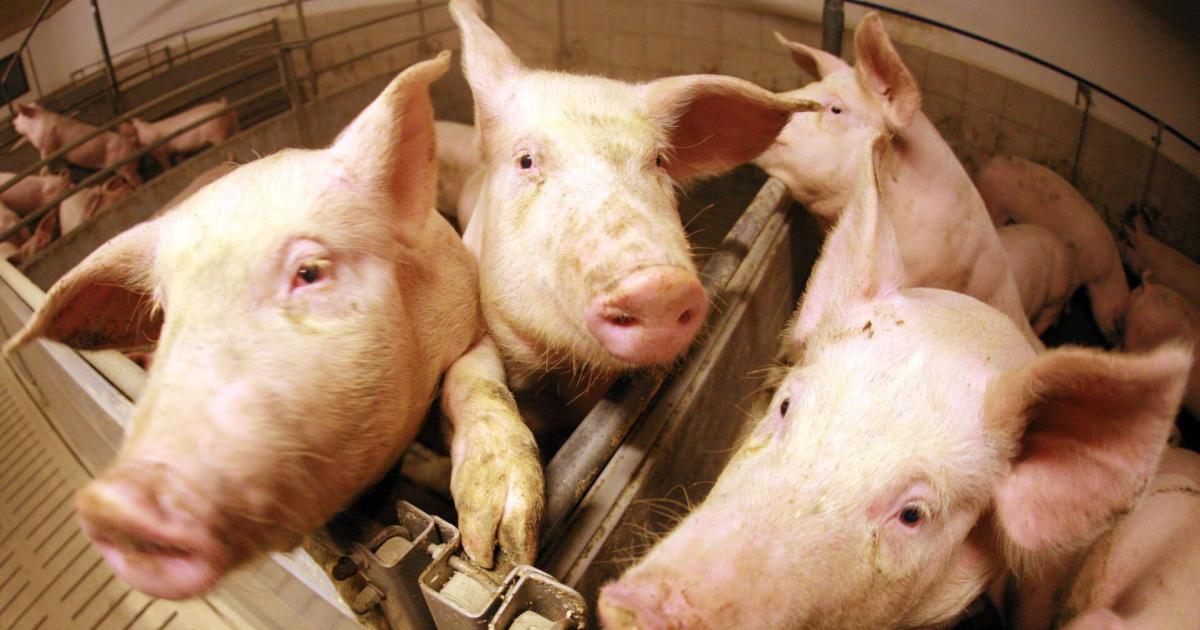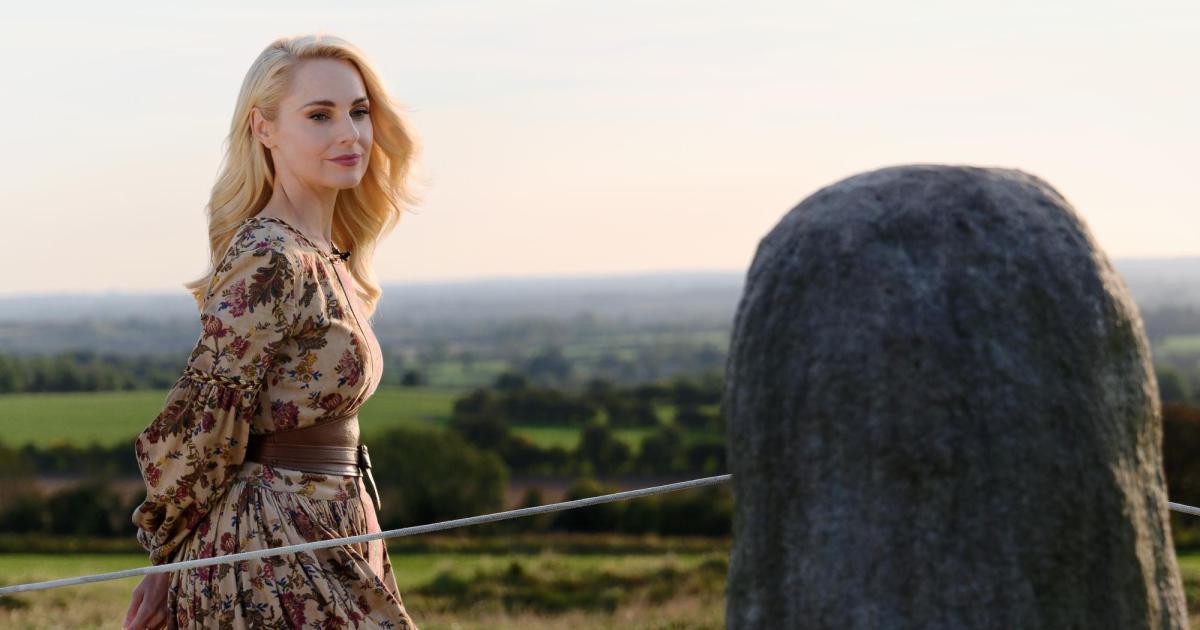In the US, young activists are suing the state for climate change. A first-of-its-kind process has now begun – and others may follow.
Joined the case after witnessing how wildfires and drought threaten the family business: lead plaintiff Ricky Photo: Thom Palam/Apr
Berlin taz/afp/ap | A unique climate process has begun in the United States so far. Children and teenagers between the ages of 5 and 22 are suing the US state of Montana over climate change. They see the right to a “clean and healthy environment” being violated. 16 activists want to force their state to act on climate change. Three years later, the trial began Monday in the northwestern US state capital of Helena.
This is the first case that has not been dismissed, after several similar cases by young climate change activists in the United States over the past decade. Observers expect this to lead to more such events.
The lead plaintiff, 22-year-old Ricky Held, sued after seeing wildfires and drought threaten the family business. His family runs a ranch and motel in southeastern Montana, where much of America’s coal is mined. Due to the forest fire, power was out for a month, and cattle died due to drought, reports said. In the summer of 2021, smoke polluted the air for months, and ash fell from the sky.
Children and young people, the plaintiffs argue, are “particularly at risk” from the harmful environmental effects of fossil fuels. The case specifically addresses a section of Montana’s environmental law that supports the promotion of fossil fuels: state agencies are prohibited from evaluating fossil fuel permit applications for climate impacts.
Unconstitutional Section in Environment Act
Activists say it is unconstitutional. Because the state constitution says: “The state and every person shall maintain and promote a clean and healthy environment in Montana for present and future generations.”
The procedure is scheduled for two weeks. Kathy Seeley, the judge, is tasked with determining whether the state’s environmental policies are a “substantial factor” in causing climate impacts such as extreme weather. The activists’ goal is not financial compensation, but to declare that their rights have been violated by Montana’s fossil fuel extraction.
Another side argues that Montana’s share of global emissions is “vanishingly small.” Lead plaintiff Held counters, “I know climate change is a global problem, but Montana needs to take responsibility for our part.”
The Hero vs Montana case is being followed with great interest in the US. Michael Brueger, executive director of the Sabin Center for Climate Change Law in New York, said the outcome of the process will affect future actions and thus the course of the climate crisis.

“Amateur coffee fan. Travel guru. Subtly charming zombie maven. Incurable reader. Web fanatic.”







More Stories
Martin Schulz: “I want more courage for the United States of Europe”
US reports first case of H5N1 bird flu virus in pigs
Polestar fears US sales ban